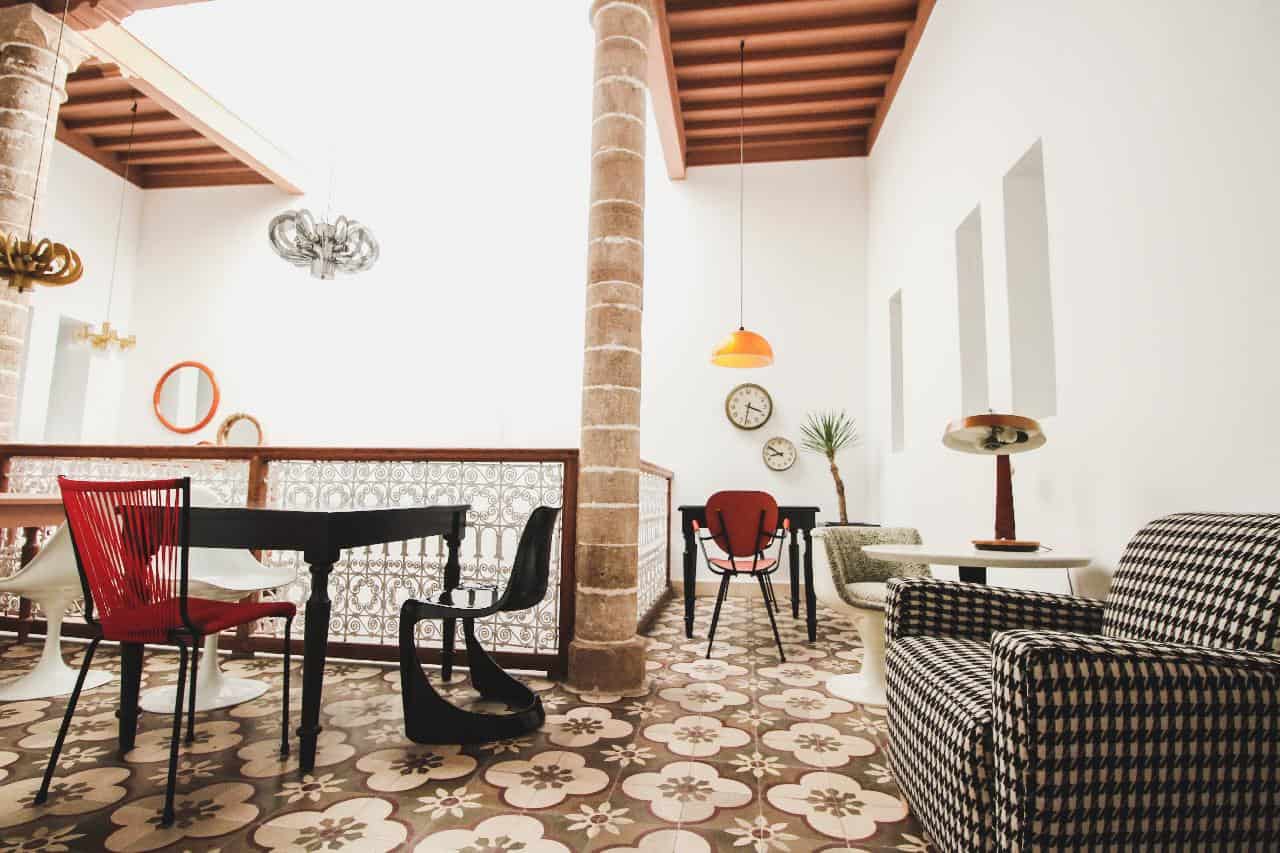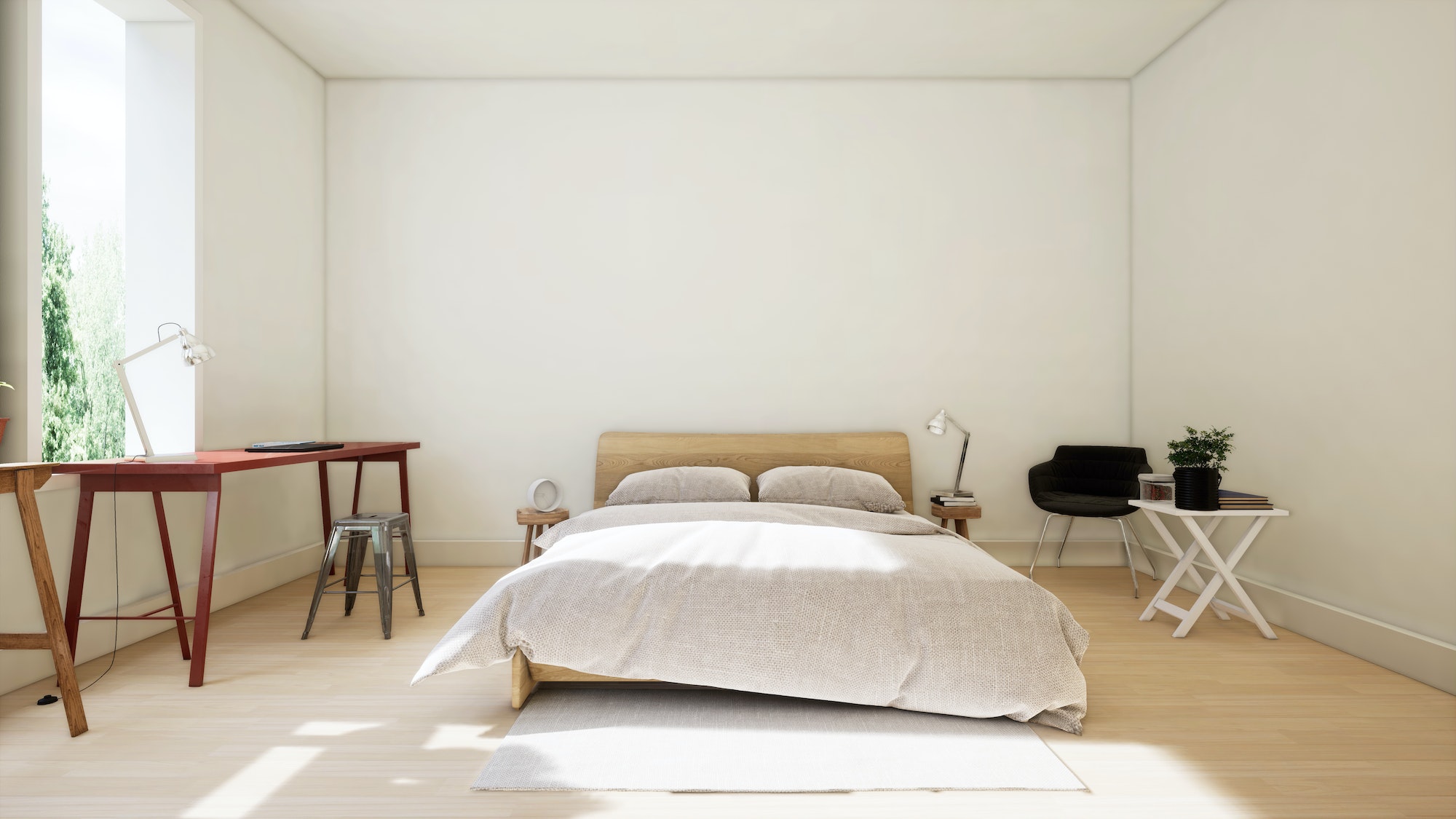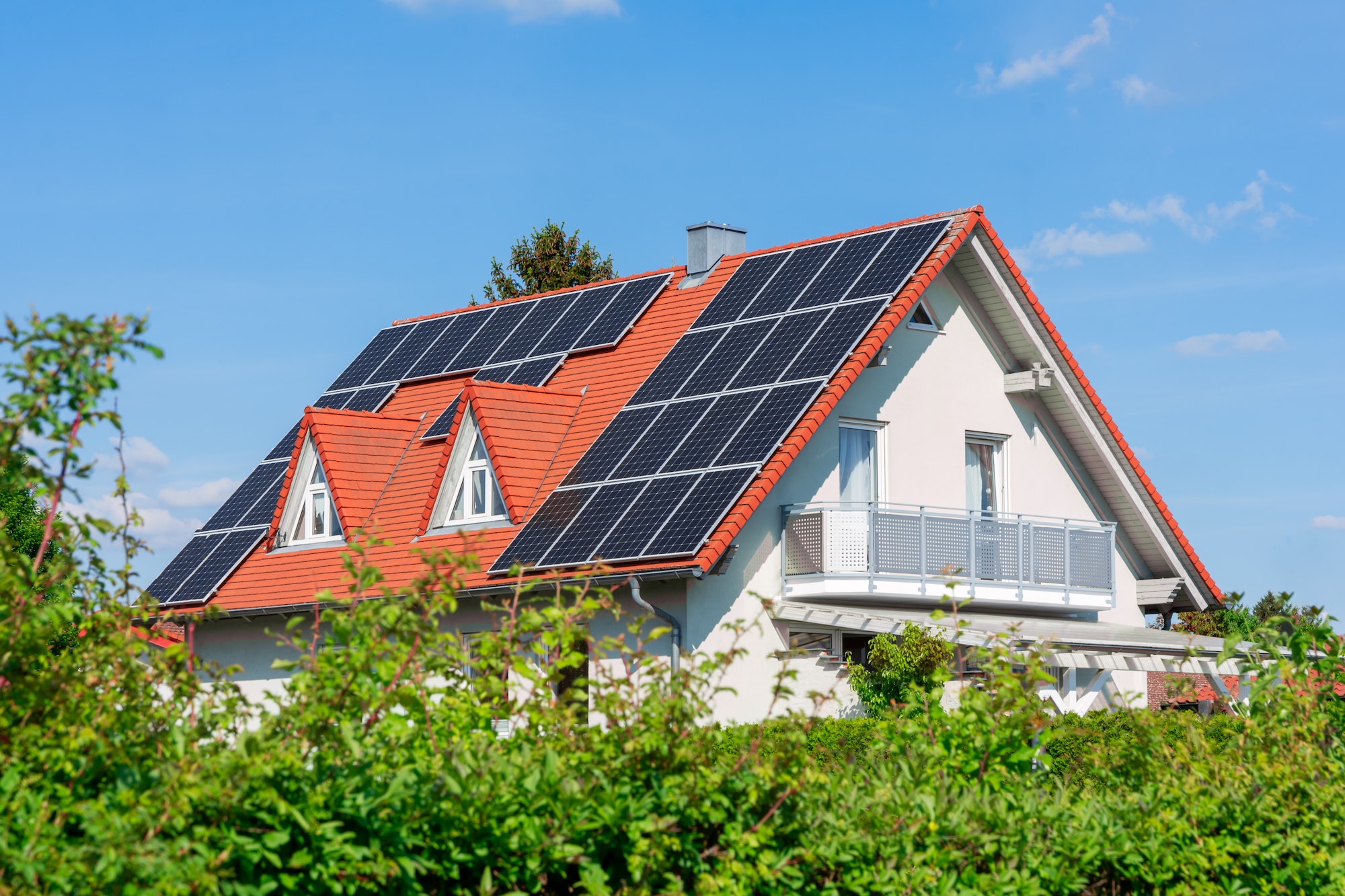If you’re an ambitious aspiring homeowner, perhaps you should consider buying a fixer-upper home that you can customize according to your unique style preferences and lifestyle needs. Available in cities and towns throughout the country, a fixer-upper is a property ridden with wear-and-tear, outdated appliances, and even physical damage. Despite its troubling appearance, these properties are stocked full of potential and feature a price tag that’s considerably less than the average home price.
Every fixer-upper will come with its fair share of problems, which is why it’s so important that potential buyers carefully weigh the pros and cons of this purchase. Before diving headfirst into a fixer-upper deal, you’ll need to consider the following. With these factors in mind, you can decide if buying a fixer-upper is a valuable investment for you and your family.
Cost
Before anything else, consider the cost of the home in conjunction with the cost of renovations. With the numbers tallied together, is the property still cheaper than buying an already-remodeled property on the market? If you plan to sell the fixer-upper, will you generate a profit, or will the cost of repairs doom you to breakeven?
A responsible homeowner should compare the costs of building a custom home to the renovation costs for an existing property to ensure this fixer-upper is a worthwhile investment. If there aren’t any new homes on the market in your preferred location and you’d still like to own an investment property, consider purchasing a house plan from Monster House Plans. Once you select a house plan, the construction process can commence. All you’ll need to do is purchase an available land plot, which your realtor can help you with.
Time
Buying a fixer-upper means you’ll spend time renovating and remodeling the home. The amount of time you’ll spend differs from one property to the next. Some damages can be easily repaired while others monopolize months of time and energy. Structural problems require more money and repair time compared to cosmetic damages. Consider the type of repairs you’ll need to address and the time it’ll take to fix them before purchasing a property. On average, it takes 2-4 months to renovate a home completely. Homes with substantial damage may take even more time.
Type of renovations
Know what you are getting yourself into when buying a fixer-upper. Can you handle DIY renovations, or will you need professional help? Roof or foundation repairs may require a lot more time and investment to repair than anticipated. Consider the type of renovations the home requires to confirm that it makes financial sense to invest in this fixer-upper.
Life will not be the same
Once renovations begin, assume that the house-flipping process will turn your day-to-day schedule on its head. You may need to adjust your work schedule to make time to meet with contractors. If your fixer-uppers undergo significant repairs, expect that home won’t be livable for quite some time.
Consider the adjustments and changes you’ll make when repairing and renovating a fixer-upper, and remember that time is money. If you anticipate that the renovation process will hinder productivity and distract you from your day-to-day responsibilities to a detrimental level, opt for an already-existing property on the market.
Location, location, location
Consider the location of the home. Do you enjoy long drives and country roads, or do you prefer the hustle-and-bustle of city living? If the home is miles away from civilization, the hassle of driving to work, the supermarket, or a night out could be a significant inconvenience in your daily life.
If you plan to sell the fixer-upper for a profit, you’ll need to assess your target market’s preferences. Would a potential buyer prefer a secluded property or a home within walking distance of a major city? Failure to consider your target market may result in the inability to sell the property.
How will you pay for the home?
Most of us don’t have enough money lying around to pay the total cost of a fixer-upper in full, making financing a pivotal checklist item for any aspiring house flipper. Consider your financing and loan options before investing in a fixer-upper. Keep in mind that many home renovation scams exist that you should avoid at all costs.
Home features
Consider the location, the home size, home layout, and the neighborhood before investing in a fixer-upper. Does the home include a patio? A pantry? A basement? Other features that you want or need? Choosing a home in a neighborhood that fits your taste and accommodates your family size is important. Otherwise, the home may not be a great deal that it seems to be. Inspect the house closely, and don’t settle for a property that doesn’t check off your family’s wishlist items or non-negotiables.
Final thoughts
Whether you’re a first-time homebuyer, an investor seeking rental property, or someone with a limited budget, choosing a fixer-upper could be a good option. This investment can save homeowners thousands of dollars, considering the average cost of a home today.
The option to flip a home makes it possible for almost anyone to own a home, as long as they don’t mind spending the time and effort necessary to design their dream home. Remember, a fixer-upper is not for the faint of heart and doesn’t deliver instant gratification. With the help of the information above, you can decide if a fixer-upper is right for you. If you possess the can-do attitude that these renovation projects demand, a fixer-upper could be yours. Once the process is complete, you can enjoy your newfound title of “homeowner.”
Discover more from Futurist Architecture
Subscribe to get the latest posts sent to your email.



